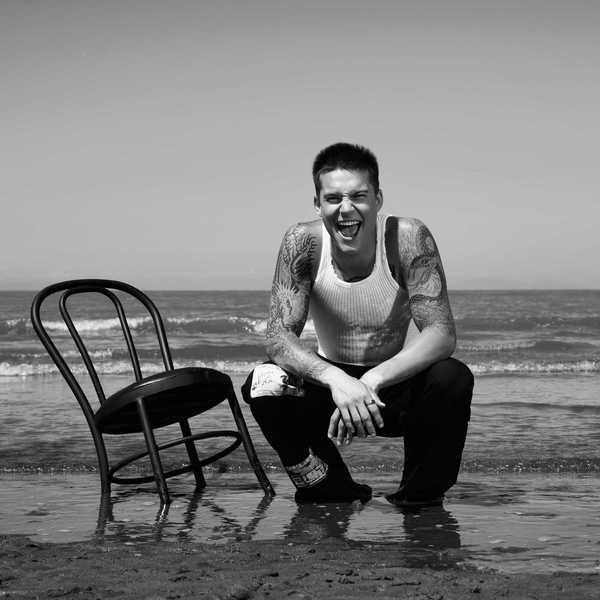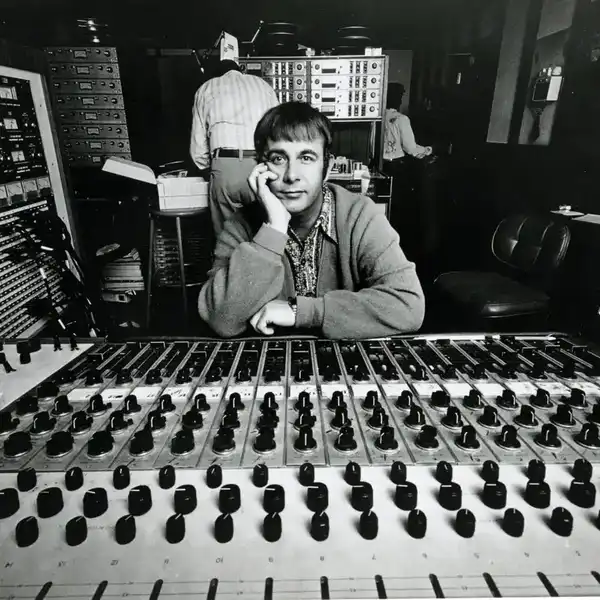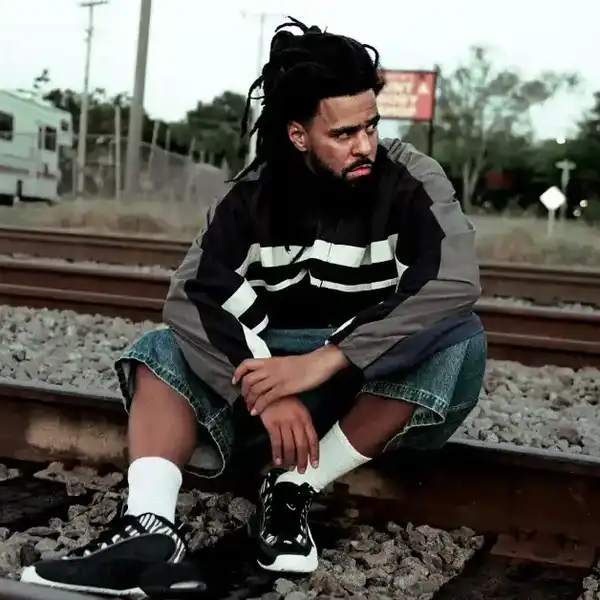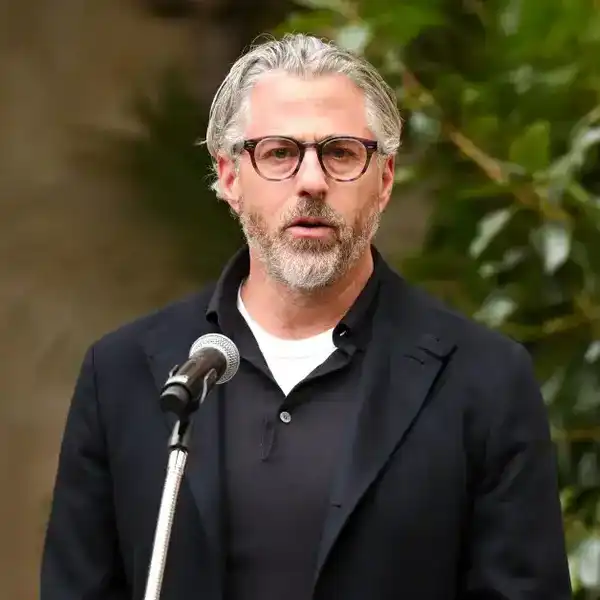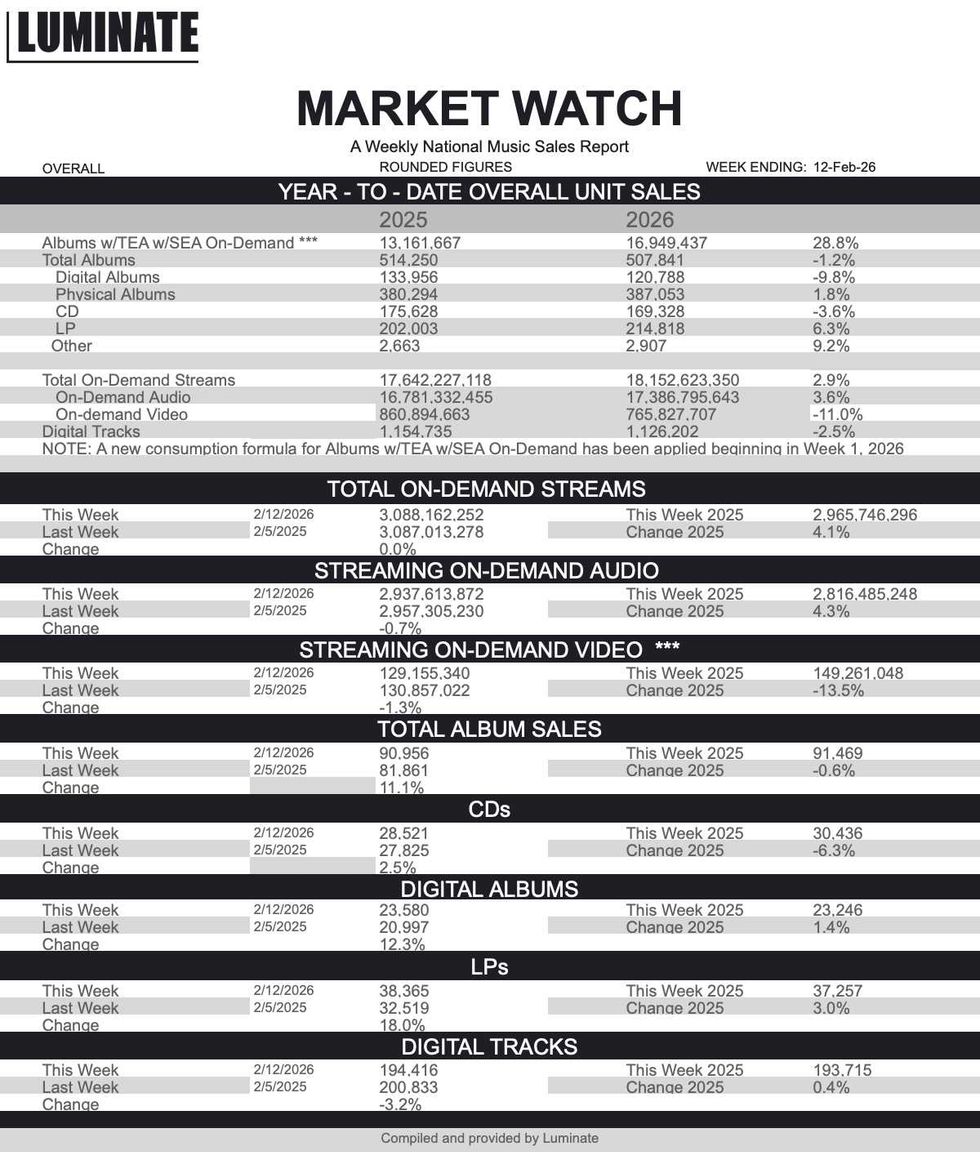Five Questions With… Tom Stephen
He was not just the drummer in the Jeff Healey Band from its formation in the early 1980s, but also the band’s manager, helping to navigate their international rise to fame in the wake of their multi-platinum selling 1988 debut album, See The Light. He’s chronicled it all in a new book, Best Seat In The House, and he explains the reasons for the memoir here.

By Jason Schneider
Tom Stephen was the drummer in the Jeff Healey Band from its formation in the early 1980s, up to the beloved Toronto native’s death in 2008. Stephen also served as the band’s manager, helping to navigate their international rise to fame in the wake of their multi-platinum selling 1988 debut album, See The Light.
He’s chronicled it all in a new book. Best Seat In The House: My Life In The Jeff Healey Band (ECW Press) focuses on the impact of his dual role that often turned on a dime from indulging in the excesses afforded successful rock stars to having to discipline the band for the havoc they caused.
As one of Healey’s most trusted friends and colleagues, Stephen knew and understood the guitarist better than nearly anyone. In the book, he gives an impression of Healey as funny and loyal, with a luminous mind and staggering talent. Conversely, Stephen says Healey—who lost his sight as an infant due to a rare form of cancer—could also be stubborn, obnoxious and antagonistic, and the book explores these aspects of his personality with honesty, clarity, and humour.
Of course, there are also plenty of great stories such as the time Healey beat members of ZZ Top at bowling, and other interactions with the likes of Bob Dylan, George Harrison, Keith Richards, and even Bill Clinton. Since Healey’s passing, Stephen has done more than anyone to keep his legacy alive (although sometimes at odds with Healey’s widow Cristie), and for any fan, Best Seat In The House is a fascinating glimpse behind the scenes of a truly unique Canadian rock and roll story.
What motivated you to write the book, and what was the writing experience like?
I was concerned about the legacy of the band, and a Canadian icon, being lost to time. I also wanted people to remember us as a band of brothers, featuring a brilliant artist, who worked hard to accomplish their worldwide success. I am proud of what the Jeff Healey Band did in our 16-plus years together and wanted to share our remarkable journey—with all the craziness that came with it.
The writing experience took several years of collaborating with my co-writer Keith Greenberg. Keith is a consummate professional who taught me the importance of digging into the heart of the story. It made me realize how, through a combination of luck, hard work and perseverance, we were able to work with some of the greatest industry moguls, producers and artists of our time. I was really touched to hear from some of Jeff’s friends and peers who found the book to be a fair portrayal of Jeff and the band. They told me they had learned things about Jeff and the band they never knew, and they shared with me things I was not aware of. I think it’s just a great Canadian story.
Were there any memories that came into sharper focus for you as you were writing?
I had forgotten the sense of excitement and the “us against the world” attitude we had. There was constant joking and hijinx, whether Jeff was hustling Much Music employees at cards, or just the day-to-day nonsense we encountered. Jeff had a quick wit and humour, which was always at the core of the band.
Jeff never played a song the same way twice, which was challenging for [bassist] Joe [Rockman] and me, but kept the shows fresh and exciting. It was amazing to see the reciprocal love and energy between the audience and the band. The “ignorance is bliss” factor was meant for us since we had no interest from managers or agents at the beginning. So we made up our own rules and eventually built an international career while having a helluva time doing it. When I met Jeff, he was seriously thinking of going into radio, while I was going to be an urban planner. But then our paths crossed, and the rest is history.
Jeff was a one-of-a-kind musician and human being. Do you think he gets enough credit for what he achieved in his life?
Jeff belongs in the Canadian Music Hall of Fame. Simple. His influence should be acknowledged historically, but let’s recognize it now. I saw firsthand how Stevie Ray Vaughan, B.B. King, Mark Knopfler, Bryan Adams, Lenny Kravitz, George Harrison, Slash, and many others were awed by his style and musicianship. Jeff took exception that his greatness was due to his blindness and felt that his blindness in some cases had held him back in his career. I do believe history has underappreciated Jeff and this was another of the factors in my decision to write the book.
I recall being at a private show in Halifax that Tom Cochrane was playing. Tom had taken the Jeff Healey Band on our first national tour, and not knowing I was in the audience that night, he told some great stories and also mused why the hell Jeff Healey was not in the Hall of Fame. Hanging out afterwards with Tom, who I consider one of the best Canadian artists ever, made me realize how important it was to remind people of Jeff’s relevance in Canadian musical history. Jeff deserves this respect—starting with Canada as we were always proud Canadians.
Jeff's story is not only musically inspiring, but it is a story of beating the odds despite his disability. He would kick my ass if he knew I was discussing his blindness, but it cannot be underestimated how much he overcame. I learned how cruel people could be toward those with disabilities and I think Jeff Healey is an amazing example of grace that sets a standard for what he accomplished. In short, I don’t believe we have given Jeff nearly the recognition he deserves.
The role of the electric guitar has changed a lot recently in music. If Jeff came along today, how do you think he'd be received?
Jeff would be a guitar hero in any era. Jeff even recognized the appeal of hip-hop early on when others dismissed it. As Paul Shaffer points out in the book, if Jeff were alive today his talent would be too huge to be ignored and he would be participating in all kinds of styles and musical projects. John Mayall has just covered our song “Evil and Here to Stay” with Rush’s Alex Lifeson on guitar. Now that is a tribute to Jeff’s greatness!
What song in your catalogue means the most to you and why?
“Angel Eyes” means the most to me at several levels. It’s not my favourite track in our catalogue, but it is a beautiful performance showcasing the band and especially Jeff’s vocal and guitar work. The track was not something you would expect from the band at the time, but it introduced us to new audiences around the world. When it became a Top 5 Billboard hit, it justified all the hard work and belief we had in ourselves. It was mind-blowing at the time to hear ourselves on the radio wherever we went. Our dream was coming true.




